Cholesterol has been public health enemy number one for decades, but the science around it is way more nuanced than you’ve been led to believe. From eggs to statins to “good” vs “bad” cholesterol, the conversation has evolved. Unfortunately, outdated advice still lingers in our doctors’ offices, dinner tables, and food labels.
If you’re still avoiding avocados and blaming every chest twinge on a cheeseburger, it might be time for a cholesterol reality check. Here are 13 of the biggest myths about cholesterol—and the real truth that could actually help you protect your heart.
1. All Cholesterol Is Bad

Let’s start here: cholesterol isn’t inherently evil. In fact, your body needs cholesterol to make hormones, build cells, and support your metabolism. The issue arises when certain types—like LDL cholesterol—become elevated and form plaques in the arteries.
But even LDL has subtypes, and not all are equally dangerous. According to Harvard Health, small, dense LDL particles are more likely to cause heart disease than larger, fluffier ones. It’s about context, not just the number.
2. Eggs Will Wreck Your Cholesterol

For years, eggs were the poster child for dietary cholesterol fears. But modern research shows that the cholesterol you eat doesn’t have nearly as much impact on your blood cholesterol as we once thought. Most healthy people can eat an egg a day without affecting their heart health.
In fact, eggs are rich in protein, choline, and other nutrients your body actually needs. The American Heart Association now says eggs can be part of a balanced diet, especially when you skip the bacon on the side.
3. Low-Fat Means Heart-Healthy
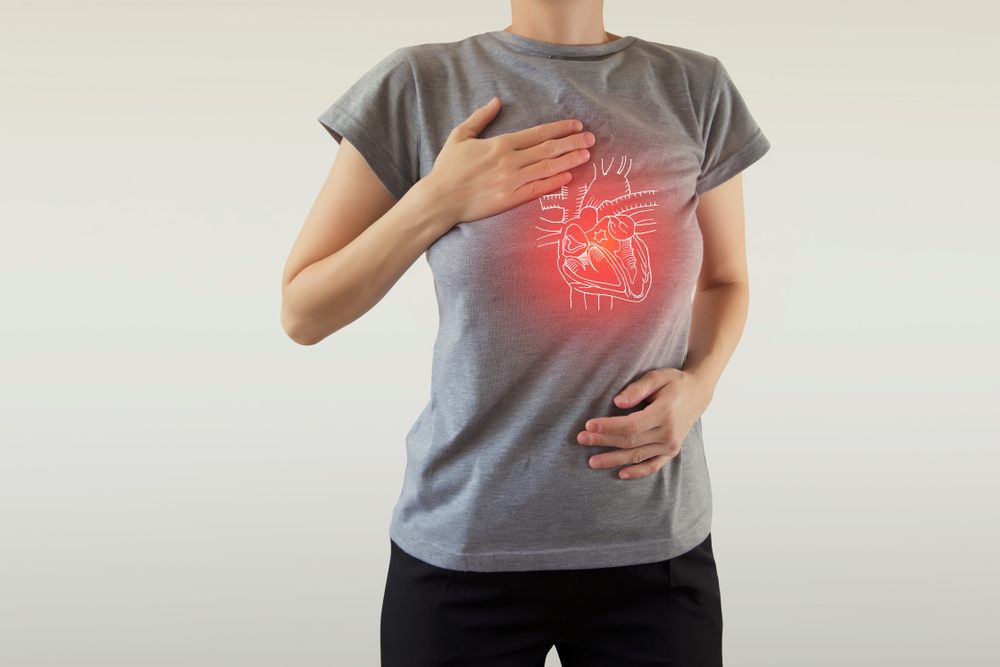
The fat-free craze of the ‘90s did more harm than good. Many “low-fat” products replaced fats with sugar and refined carbs, which actually increase triglycerides and lower your HDL (good) cholesterol. That’s a recipe for inflammation, not heart protection.
Healthy fats—like those in nuts, olive oil, and fatty fish—are actually good for your cholesterol, according to Better Health. So stop demonizing fat. The quality of fat matters far more than the quantity.
4. High Cholesterol Always Leads to Heart Disease
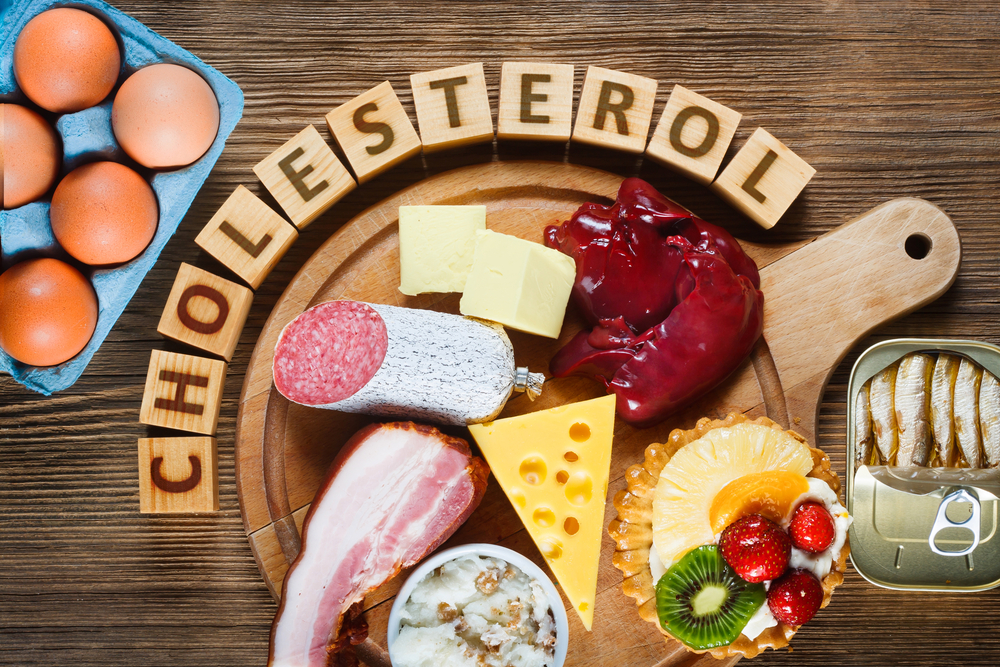
Yes, cholesterol is a risk factor—but it’s not the only one. Genetics, inflammation, insulin resistance, and lifestyle all play a role. You can have high cholesterol and still have a low risk for heart disease if your overall metabolic health is good, according to the Mayo Clinic.
What matters more? Your cholesterol ratio, inflammatory markers, and whether you’re also dealing with things like high blood pressure, smoking, or diabetes. Context is everything.
5. You’ll Feel Symptoms If You Have High Cholesterol
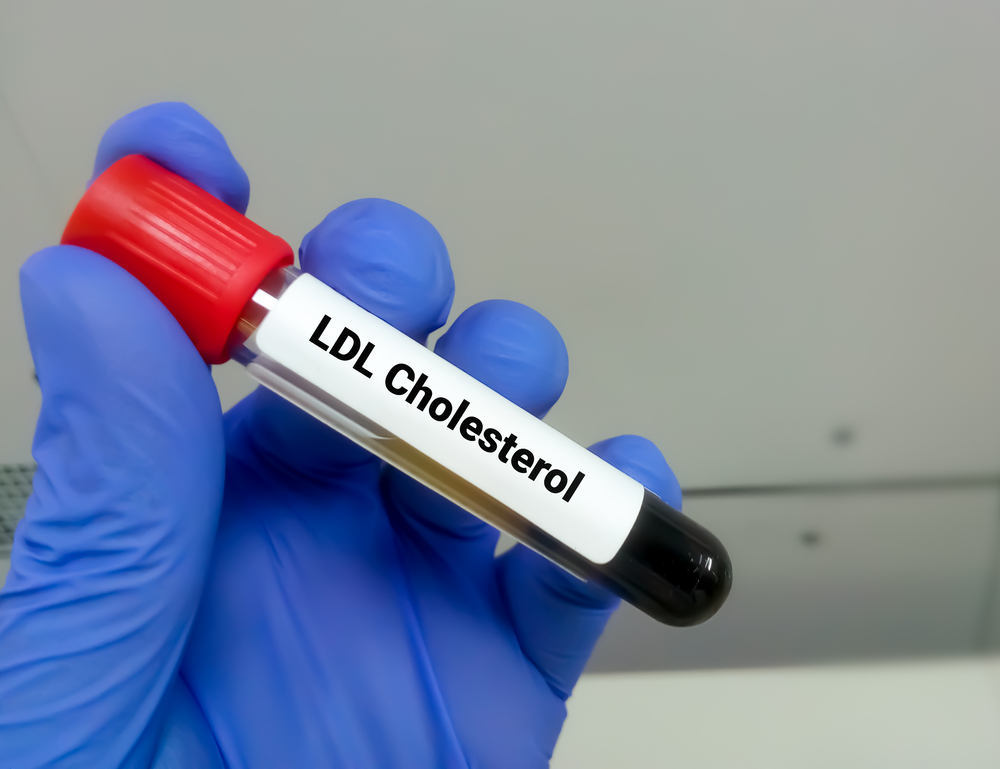
High cholesterol is sneaky. You won’t feel dizzy, sluggish, or sick when your numbers climb. In fact, it’s often called a “silent” threat because most people don’t know their levels are high until they get a blood test, or worse, a heart attack.
Don’t wait for symptoms. Get your labs done regularly, especially if you’re over 40 or have a family history of heart disease. The earlier you catch it, the more control you have.
6. Medication Is the Only Way to Lower Cholesterol
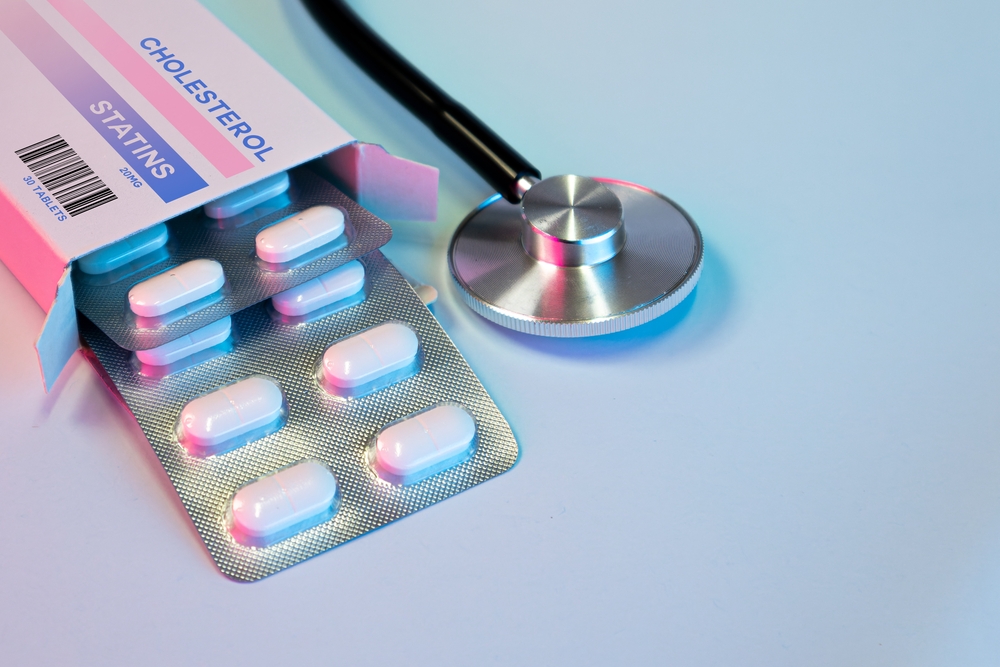
Statins work—but they’re not the only tool. Diet, exercise, stress reduction, and even certain supplements like plant sterols or soluble fiber can help bring cholesterol into balance. For some, lifestyle changes alone are enough to shift the numbers.
Of course, some people do need meds, and there’s no shame in that. But assuming it’s only pharmaceutical or nothing? That’s outdated thinking.
7. If You’re Thin, You Don’t Have to Worry

Cholesterol doesn’t care about your jean size. You can be lean, active, and still have high LDL or low HDL. Genetics play a huge role, and some people naturally produce more cholesterol in the liver regardless of their weight.
That’s why doctors now recommend everyone get their cholesterol checked—even if you’re slim and seemingly healthy. Heart disease doesn’t always “look” like anything on the outside.
8. Only Older People Need to Think About Cholesterol

Heart disease is no longer just a “grandparent” problem. Thanks to modern diets, stress, and sedentary lifestyles, younger adults are showing up with concerning lipid profiles in their 30s or younger. The earlier you start managing your numbers, the better your long-term odds.
In fact, experts now recommend cholesterol screenings starting at age 20. Catching it early can help you avoid a lifetime of medication or cardiac scares.
9. All LDL Cholesterol Is the Same

Not all LDL is created equal. As mentioned earlier, particle size matters. Small, dense LDL is more likely to penetrate artery walls and trigger plaque buildup, while large, buoyant LDL is less harmful.
You can ask for an NMR lipid profile to check particle sizes, not just totals. It’s a deeper look that can change your entire risk assessment.
10. HDL Cholesterol Can’t Be Too High
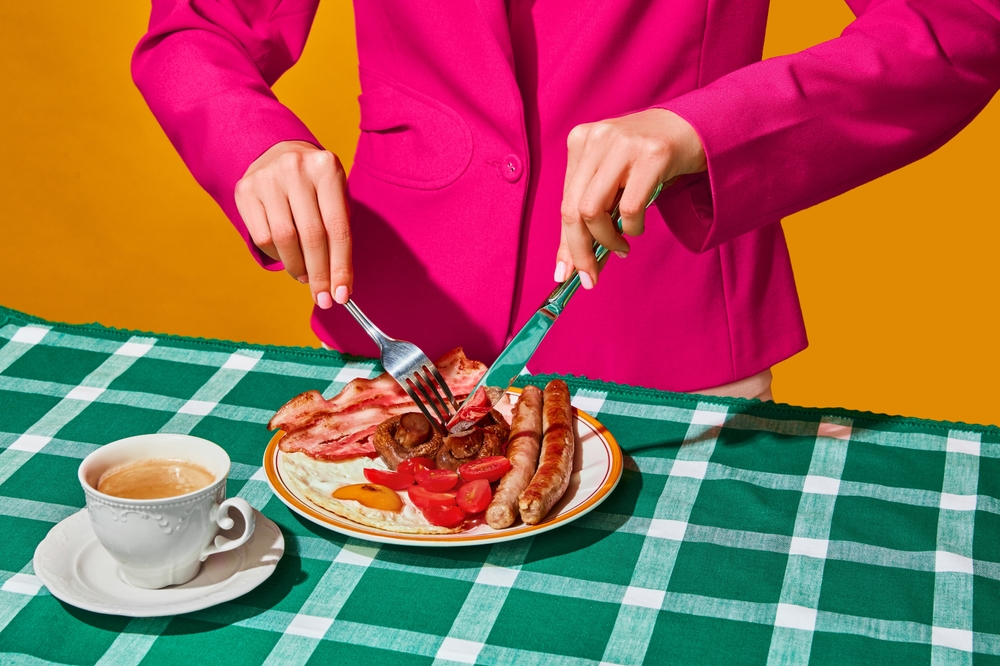
For years, we were told that the higher your HDL (the “good” cholesterol), the better. But emerging research suggests that very high levels may not always be protective, and in some cases, could be linked to inflammation or even higher mortality rates.
More is not always better. Aim for a healthy range, but don’t assume you’re invincible just because your HDL is off the charts.
11. You Should Avoid All Saturated Fats
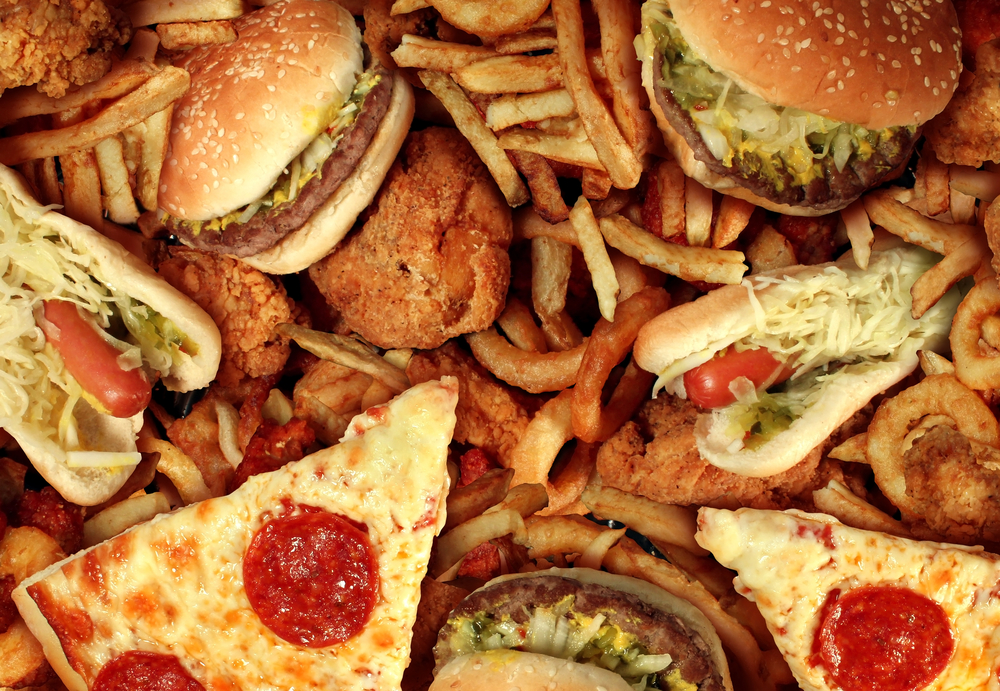
Saturated fat is complicated. Some types (like those in processed meats) may raise LDL, but others—like coconut oil or grass-fed dairy—don’t seem to have the same effect. What matters is your total diet, not one isolated nutrient.
Even the American Journal of Clinical Nutrition has noted that the evidence against saturated fat isn’t as strong as we thought. So yes, be mindful—but don’t fear fat blanket-style.
12. Plant-Based Diets Are Automatically Best for Cholesterol
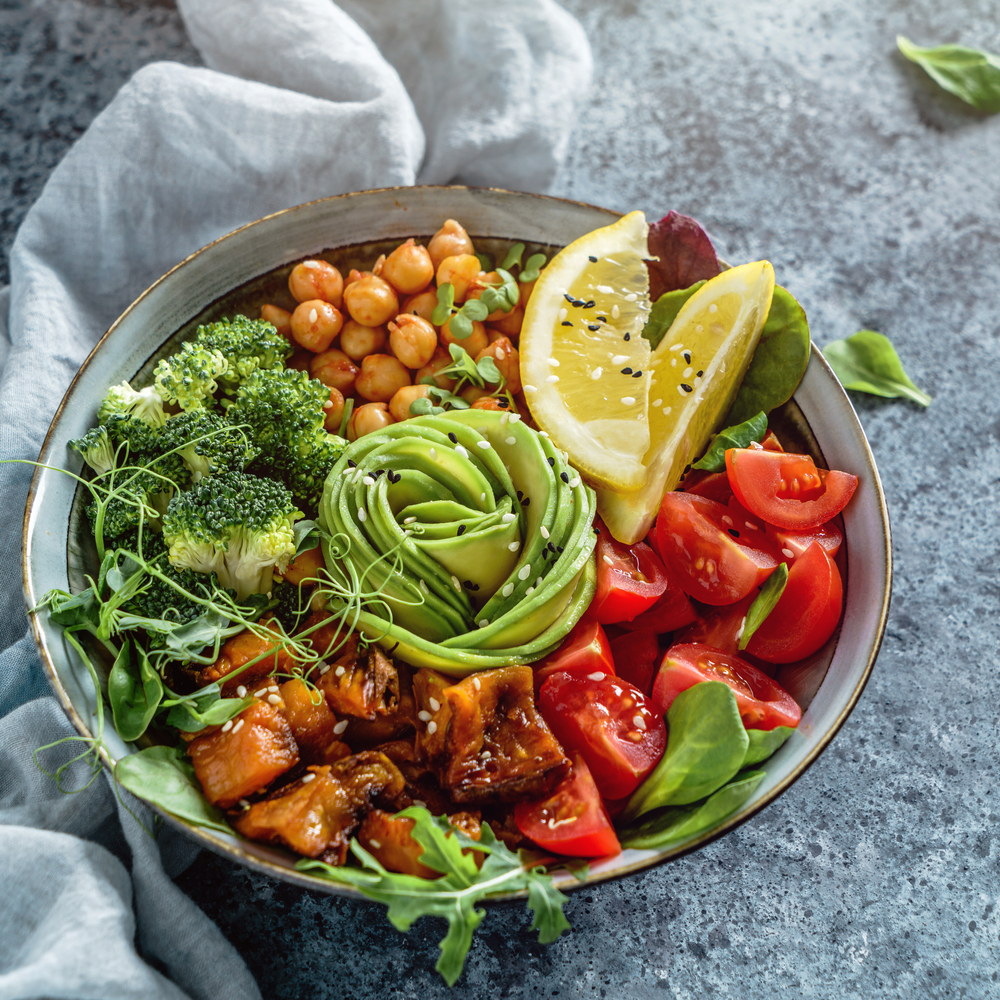
A plant-based diet can lower cholesterol, but it depends on how you do it. A vegan diet full of fries, bread, and sugar isn’t doing your heart any favors. The key is fiber, whole foods, and nutrient-dense choices—not just avoiding meat.
If you go plant-based, do it smart. Focus on whole grains, legumes, leafy greens, and healthy fats. Your arteries (and your energy levels) will thank you.
13. Once Your Numbers Are Good, You’re Done

Cholesterol management isn’t a one-time fix—it’s a lifelong rhythm. Your levels can change due to hormones, age, medications, and lifestyle shifts. Just because your numbers look good today doesn’t mean you can coast forever.
Stay curious. Recheck annually. And treat your heart like a relationship—it needs regular attention to thrive.
Natasha is a seasoned lifestyle journalist and editor based in New York City. Originally from Sydney, during a stellar two-decade career, she has reported on the latest lifestyle news and trends for major media brands including Elle and Grazia.


